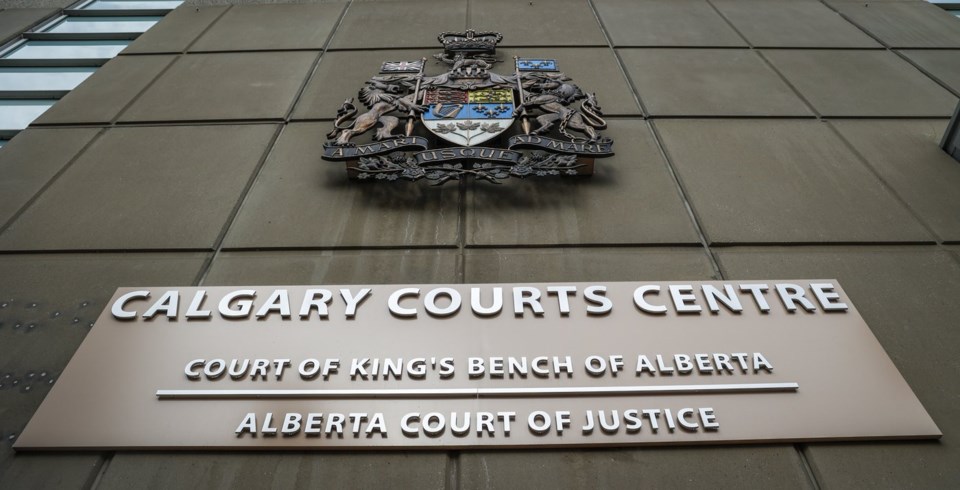Barclays has issued a warning to all of its customers. In the first quarter of 2025, romance scams were up 20 per cent year-on-year. Victims lost £8,000 on average last year, increasing to £19,000 for those 61 and over.
Kirsty Adams, Fraud and Scams Expert at Barclays said: “Social media platforms and dating apps are by far the biggest sources of romance scams, which is no surprise considering how the dating landscape has changed over the decades. “Romance scammers have taken advantage of the shift online, using these channels to target potential victims. "Falling for a romance scam can be both financially and emotionally devastating.

"We need tech companies to step up their support and take greater action to prevent scammers from operating on their platforms.” What is a romance scam? Romance scams involve people being duped into sending money to criminals who go to great lengths to gain their trust and convince them that they are in a genuine relationship. They use language to manipulate, persuade and exploit so that requests for money do not raise alarm bells.
These requests might be highly emotive, such as criminals claiming they need money for emergency medical care, or to pay for transport costs to visit the victim if they are overseas. Scammers will often build a relationship with their victims over time. Recommended reading: Young smokers and drinkers issued urgent '36 years' warning from doctors 'No hiding' for water company bosses who face two years in prison for sewage Nationwide makes big change and issues message to anyone who's a landlord Adams, Fraud and Scams Expert at Barclays, says: “We know that many victims of romance scams can feel a sense of shame.
They’ve not only lost money, but they’ve had their heart broken too – both very personal topics that can be difficult to discuss. “No victim should feel ashamed. It can happen to anyone and scammers often adopt sophisticated tactics and invest a huge amount of time into building a relationship and sense of trust with their victims.
"It’s important that this stigma doesn’t prevent a scam from being reported. We strongly encourage anyone who has been targeted to report it to their bank and to open up to family and friends for emotional support.”.
Health

Barclays issues 'devastating' warning to all of its customers

Barclays has issued a warning as romance scam reports rise 20 per cent, as online dating hits a 30-year anniversary.















